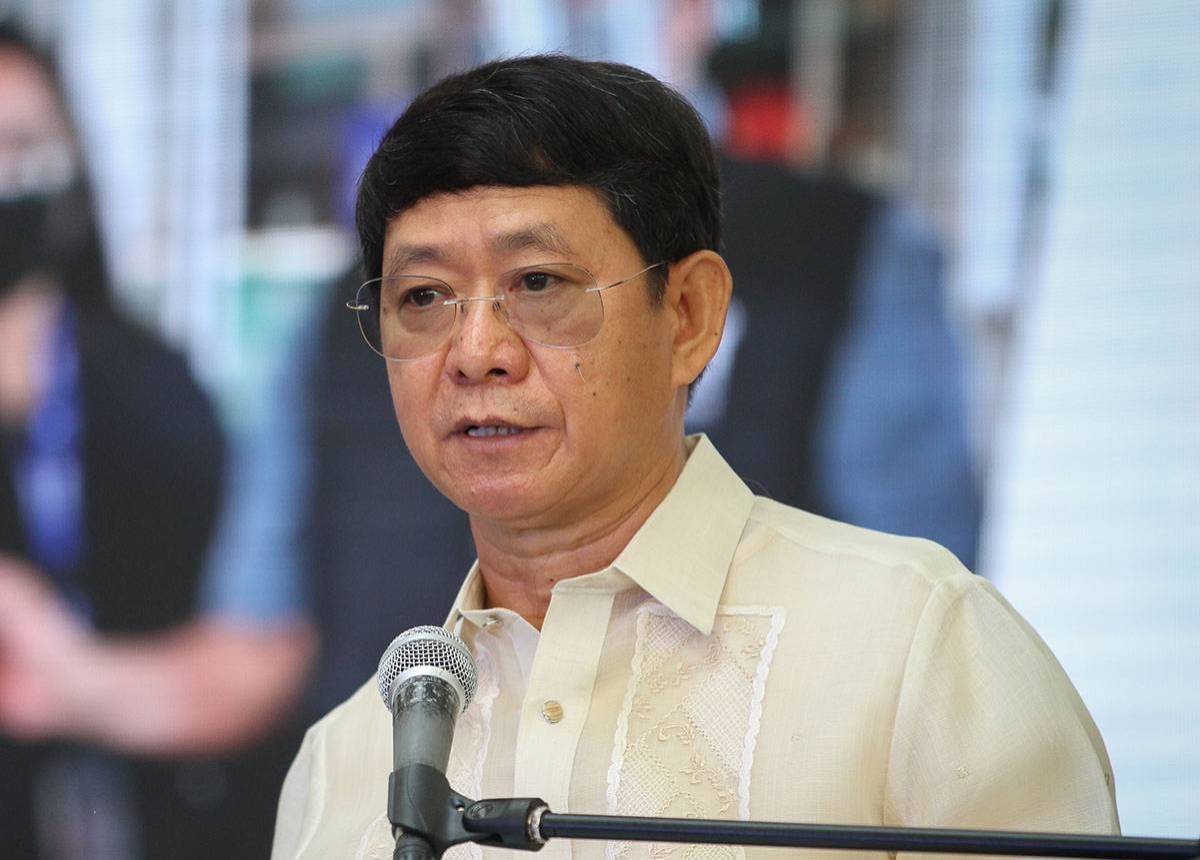The Government Calls on Media to Expose China’s “Twisted and Baseless Narratives” about the West Philippine Sea
The government has recently urged the media to play a crucial role in exposing and pushing back against China’s misleading narratives regarding the West Philippine Sea (WPS). Specifically, the government is concerned about China’s insistence on a supposed “gentleman’s agreement” regarding the Ayungin Shoal (also known as Second Thomas Shoal).
The National Security Council (NSC) has accused China of manipulating the information space with its distorted and unfounded narratives about the West Philippine Sea. The NSC believes that China’s narratives are aimed at advancing its own interests, dividing the Filipino people, and distracting from its belligerent actions in the region.
During a media seminar for the Malacañang Press Corps, the NSC emphasized the influential power of journalists in exposing China’s aggressive and illegal activities in Philippine waters. The NSC Chief, in his speech, highlighted the importance of journalists in standing against China’s incursions and various forms of aggression in the West Philippine Sea.
According to the NSC, China has been intensifying its dangerous and coercive activities within Philippine territory. One notable tactic employed by China is its attempt to control the information space by disseminating twisted and baseless narratives, propagating misinformation, disinformation, malign influence operations, and other forms of propaganda.
For instance, the NSC Chief addressed the issue of the alleged “promises, gentleman’s agreement, or common understanding” that has been making headlines for several months. He categorically dismissed these claims as black propaganda designed to create divisions and conflicts among the Filipino people.
To further support this stance, the NSC Chief referred to President Ferdinand Marcos Jr.’s repeated statements that the Philippines did not enter into any agreement regarding the country’s operations in the Ayungin Shoal. President Marcos Jr. made it clear that the current administration is not aware of any secret or gentleman’s agreement, and if such an agreement was made under a previous administration, it has already been rescinded.
However, the Chinese Embassy in Manila contradicted the President’s statement, claiming that they had repeatedly informed the current administration about the so-called gentleman’s agreement. The embassy stated that they had briefed the administration on the matter, represented their concerns regarding the Ayungin Shoal issue, and remained committed to resolving differences through dialogue and consultation with the Philippine side.
According to the Chinese Embassy, they had invited a certain envoy of the President to China in September 2023 to discuss the management of the Ayungin Shoal dispute. Although they did not disclose the identity of the envoy or provide further details about the meeting, they claimed that it resulted in an internal understanding. They also asserted that both sides had agreed upon a new model for managing the situation at Ayungin Shoal earlier that year after extensive communication with the Philippine military.
However, the NSC Chief dismissed the Chinese Embassy’s claims about the “new model” arrangement as nothing more than a fabrication. The President has unequivocally stated that there is no knowledge of any such agreement, and the supposed understanding has been unilaterally abandoned by the Philippine side for no valid reason.
The Significance of Media in Exposing China’s False Narratives
The government recognizes the potent power of journalists in countering China’s misleading narratives and disinformation campaigns. It is essential for the media to play an active role in exposing the truth and ensuring that the Filipino people are well-informed about the situation in the West Philippine Sea.
By diligently investigating and reporting on China’s aggressive actions and manipulative narratives, the media can contribute to raising awareness among the public and holding the government accountable in protecting Philippine sovereignty. The media’s role in exposing China’s intentions and actions is crucial in fostering transparency and unity among the Filipino people.
International Implications and the Need for Clarity
The issue of China’s actions in the West Philippine Sea is not only a matter of concern for the Philippines but also has significant international implications. It is crucial to contextualize potentially unclear aspects of the situation to ensure that a global audience understands the gravity of the issue.
International audiences may not be familiar with the specific laws, customs, and historical context surrounding the West Philippine Sea dispute. Therefore, providing clear explanations and insights can help them grasp the complexities of the situation and the implications for regional stability and international norms.
The government’s call for media to expose China’s false narratives and disinformation is not just a domestic concern. It is an invitation for international media outlets to investigate and report on China’s actions in the West Philippine Sea, as it affects not only the Philippines but also the broader region.
Conclusion
The government’s call for media to expose China’s “twisted and baseless narratives” about the West Philippine Sea is a crucial step in countering disinformation and ensuring that the truth prevails. By actively engaging in investigative journalism and reporting on China’s aggressive actions, the media can play a vital role in protecting Philippine sovereignty and raising awareness among the Filipino people.
It is essential to provide clarity and context to international audiences to help them understand the complexities of the West Philippine Sea dispute. By contextualizing the issue within the framework of international laws, customs, and regional stability, the media can contribute to a more informed global audience.
The government’s emphasis on the power of journalists and the significance of their role in exposing China’s false narratives reflects a commitment to transparency, accountability, and the protection of national interests. Through the collective efforts of the government, media, and the Filipino people, the truth can prevail, and the West Philippine Sea can be safeguarded for future generations.







